Sustainable wellbeing and green living
Let's find ways to Flourish!
Climate Cuisine

When you’re picking up food at the grocery store or farmer’s market, what influences your decisions about what food to buy? Some considerations you may be taking into account include the price, availability, taste, as well as environmental impact of the food item in question. As our climate continues to change, it is important to consider how our food choices impact the environment.
Environmental Impacts
Although something as small as choosing what to eat for dinner doesn’t seem like it would have a large impact, food is responsible for 26% of greenhouse gas emissions. There are four key elements that contribute to food emissions:
- Land use: significant amounts of land are required in order to grow crops and keep livestock. Agricultural land often displaces forests and grasslands, therefore resulting in loss of habitats and increased emissions.
- Crop production: the use of fertilizers, pesticides, and machinery emissions, and methane emissions from livestock contribute to the overa ...
Jane's Walks
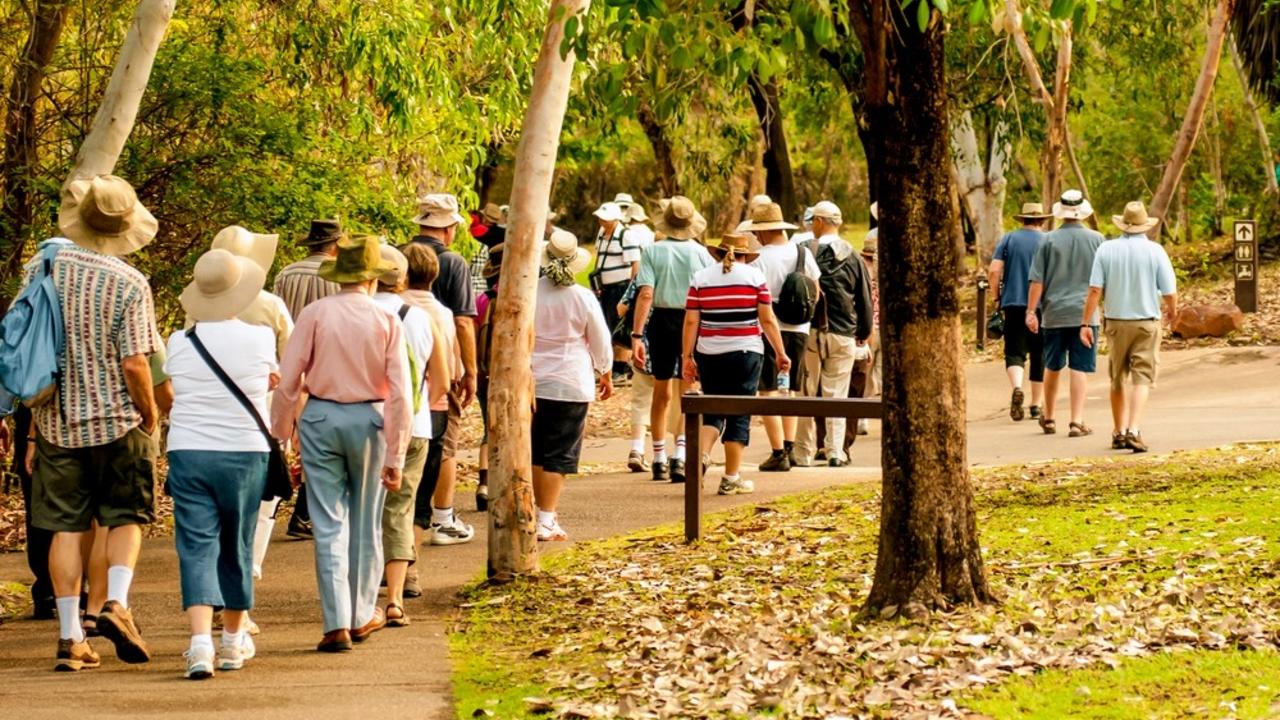
Who is Jane, and why are we interested in her walks? Well, the Jane we are talking about here is Jane Jacobs, the Canadian - American author and urban activist whose thinking and writing helped to reshape our ideas about the urban ideals and what cities can be. These walks help to bring us closer to our cities in understanding their history, significance and beauty.
No matter how much you think you know about your city, there’s always something new and interesting to learn or discover! Cities are highly nuanced, each one drastically different than the next in terms of culture, history, residents, and little quirks that make them unique. Around each street corner there is something you never knew existed or a story you have never heard.
Take some time to learn more about the city in which you live, observe the ongoing activity, and reflect on your interactions with your city by attending a Jane’s Walk.
What are Jane's Walks?
Jane’s Walks are free, locally organized neighbourhood wal...
Co-op Business Model
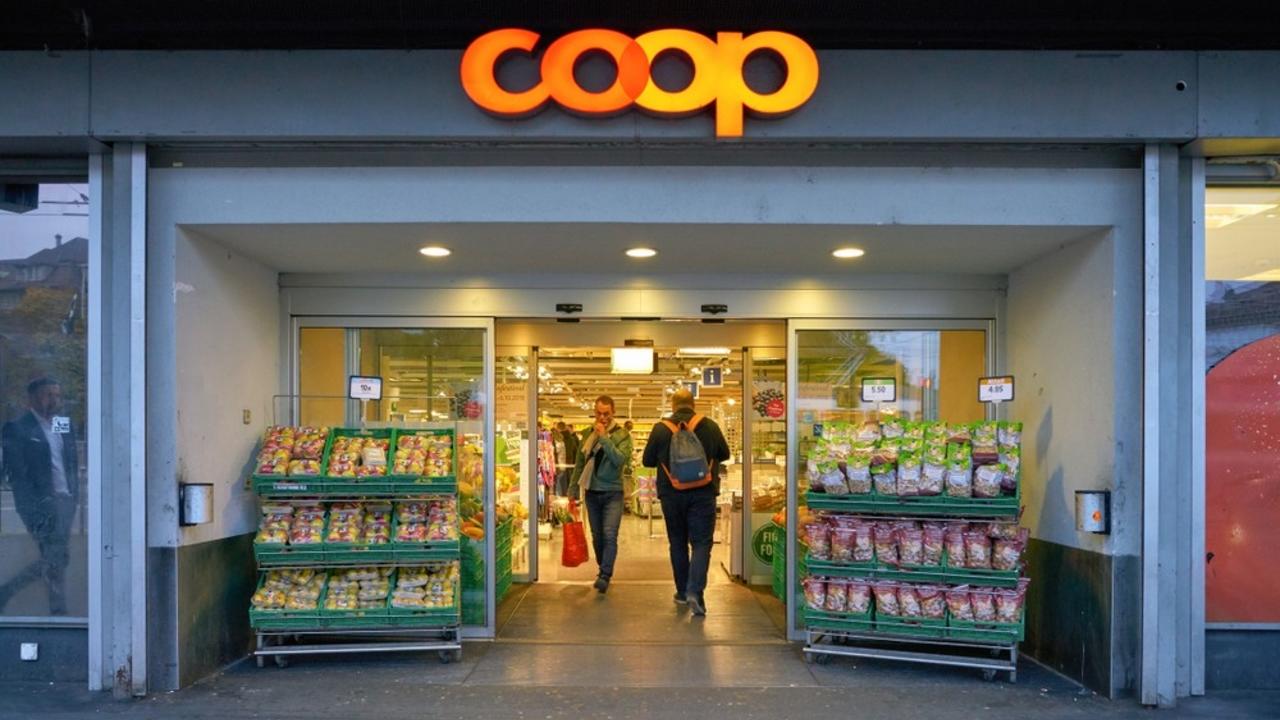
Do you have a Co-op near you? Perhaps it is a grocery store or gas station or maybe a clothing retailer. Have you ever thought about the name Co-op and how it means that this business is different from others in its sector? It does things differently because it bases decisions on not just the economics, but also on what serves its membership, community and workers best. Perhaps that Co-op business model is worth a closer look!
A co-op, otherwise known as a co-operative, is defined by the International Co-operative Alliance as an
“autonomous association of persons united voluntarily to meet their common economic, social, and cultural needs and aspirations through a jointly owned and democratically-controlled enterprise.”
Co-operatives are businesses which are community-focused instead of profit-focused. Although there is still a need to make a profit in order to stay afloat, decisions that are made within co-operatives seek to balance the need for profit with the needs of their membe...
Solar Walls
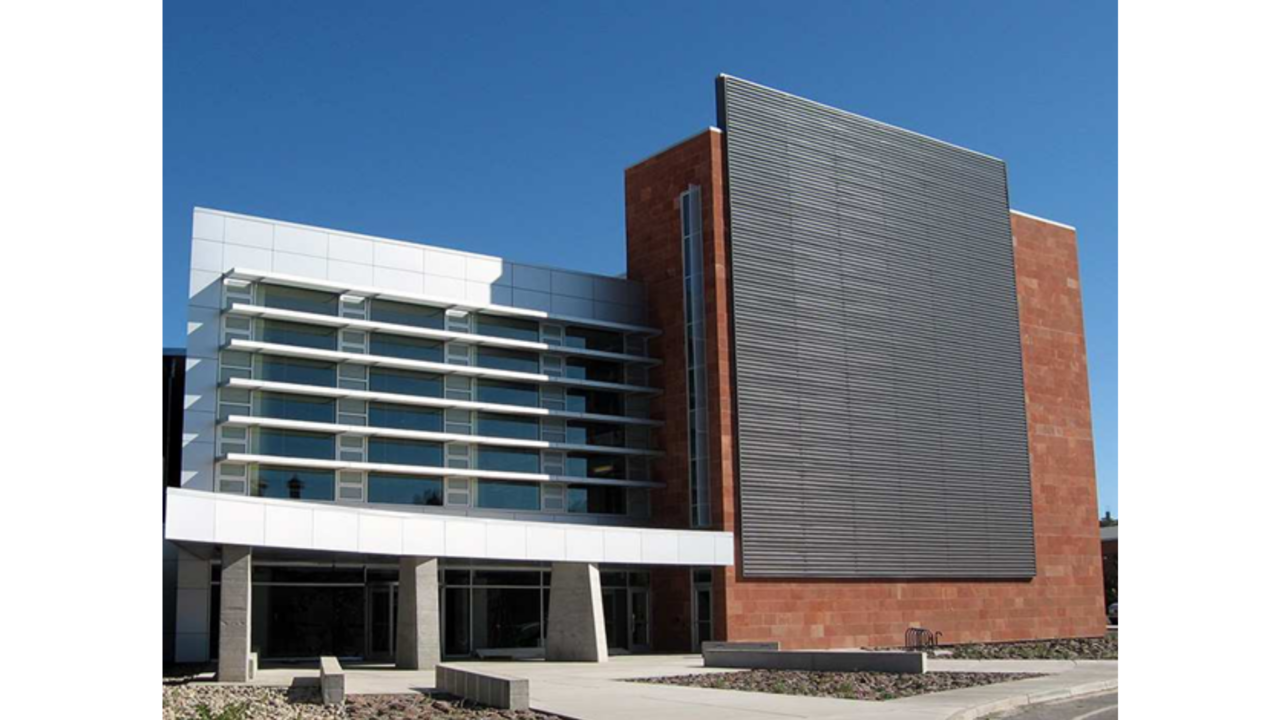
Image courtesy of SolarWall.com
You know how I love smart and low-tech green building solutions, and the Solar Wall is definitely up there in terms of benefit. It can easily pay for itself in a few short years and offers long term reduced heating costs by simply using the sun’s energy to heat incoming air in cold climates. It is nearly passive, with low-tech requirements. All you need is a sunny wall on a building, and the ability to integrate it with the heating and ventilation system.
How do they work?
The external portion of the solar wall consists of a metal cladding that is mounted on the exterior wall of the building, leaving a few inches of space in between the building and the metal cladding. The perforated metal solar cladding is fixed to the wall, creating a cavity between the two walls. It is in this cavity that the heating occurs.
Air between the building’s exterior wall and the metal cladding warms up when the sun hits it and this warm air naturally rises to the top of...
B Corp Certification
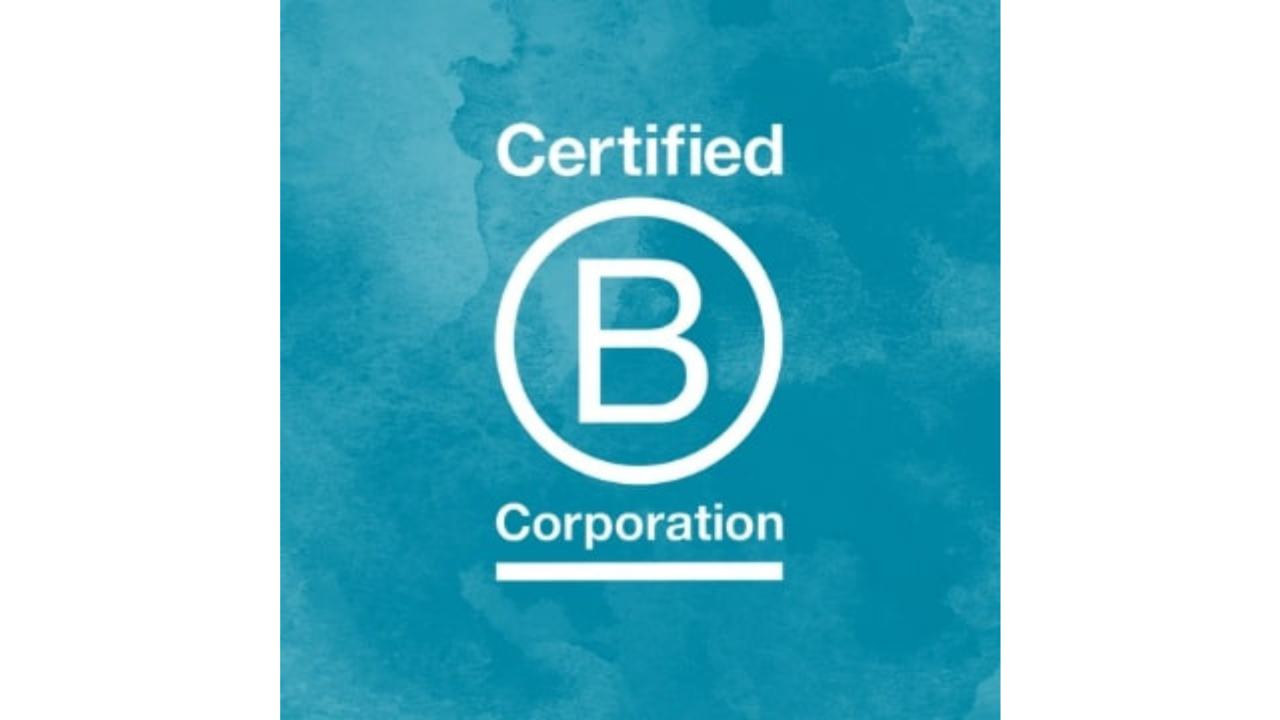
Image courtesy of Danone.com
Business owners often seem to face the dilemma of choosing between making a profit and making a positive social and environmental impact. What if there was a way that you could make money while doing good? It is possible to achieve your financial goals while adhering to your values! Corporations are being recognized for doing just that and becoming B Corp Certified!
What are B corporations?
B Corporations, also referred to as B Corps, are corporations that are dedicated to improving their social and environmental performance. B Lab, the non-profit behind B Corps, defines certified B corporations as
“businesses that meet the highest standards of verified social and environmental performance, public transparency, and legal accountability to balance profit and purpose. B Corps are accelerating a global culture shift to redefine success in business and build a more inclusive and sustainable economy.”
In order to become a B Corp, companies must undergo a c...
Citizen Research
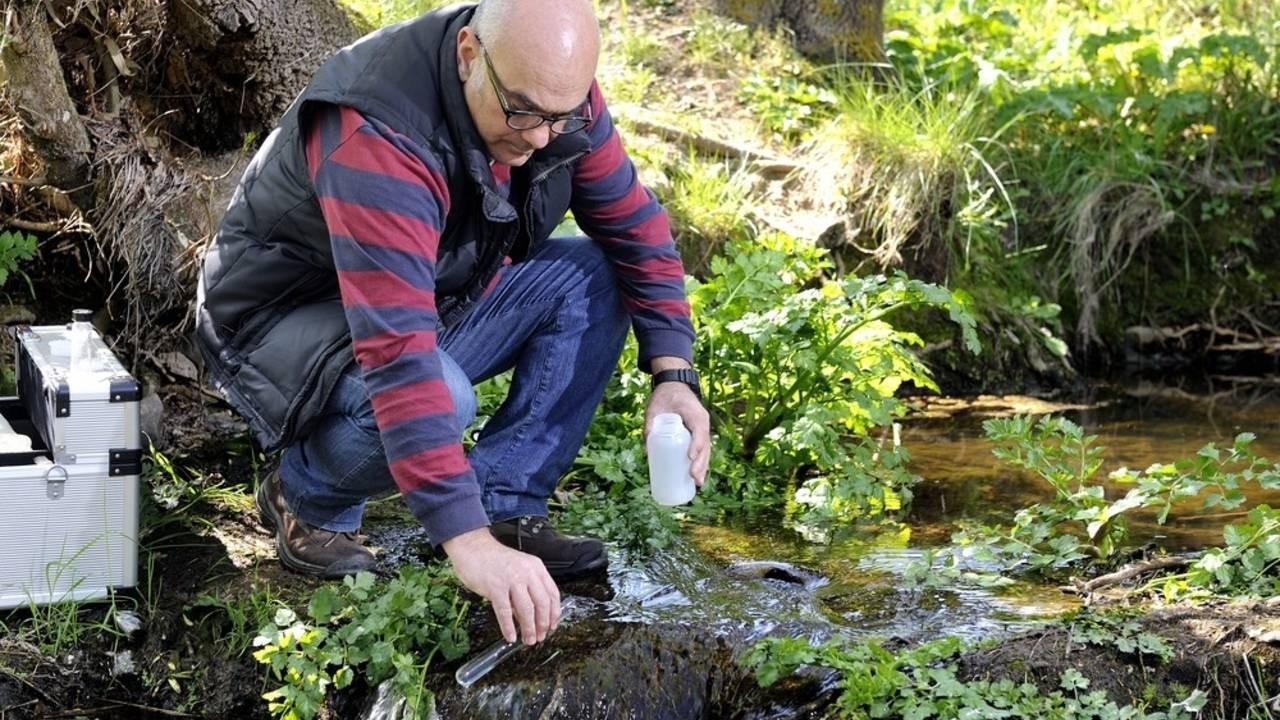
Science lovers are everywhere! You don’t need a degree in science to know that you love learning, looking at data, and contributing to our collective knowledge about the natural world. Whether your interest in science stems from your desire to know more about the world around you, the intellectual challenges it provides, or educating the children around you, there are ways that you can be a part of scientific research!
It is not uncommon for individuals to believe that there is no space for ordinary citizens when it comes to scientific research. This is not the case! The truth is that you -don’t- have to have a PhD in order to participate in scientific research. Whether you are interested in learning about the ecosystem function of a specific species or the impacts of pollution on water bodies, there is a way that you can collaborate with scientists and researchers in order to gather important data and make a difference in the scientific community! Through citizen science projects tha...
Forest Therapy
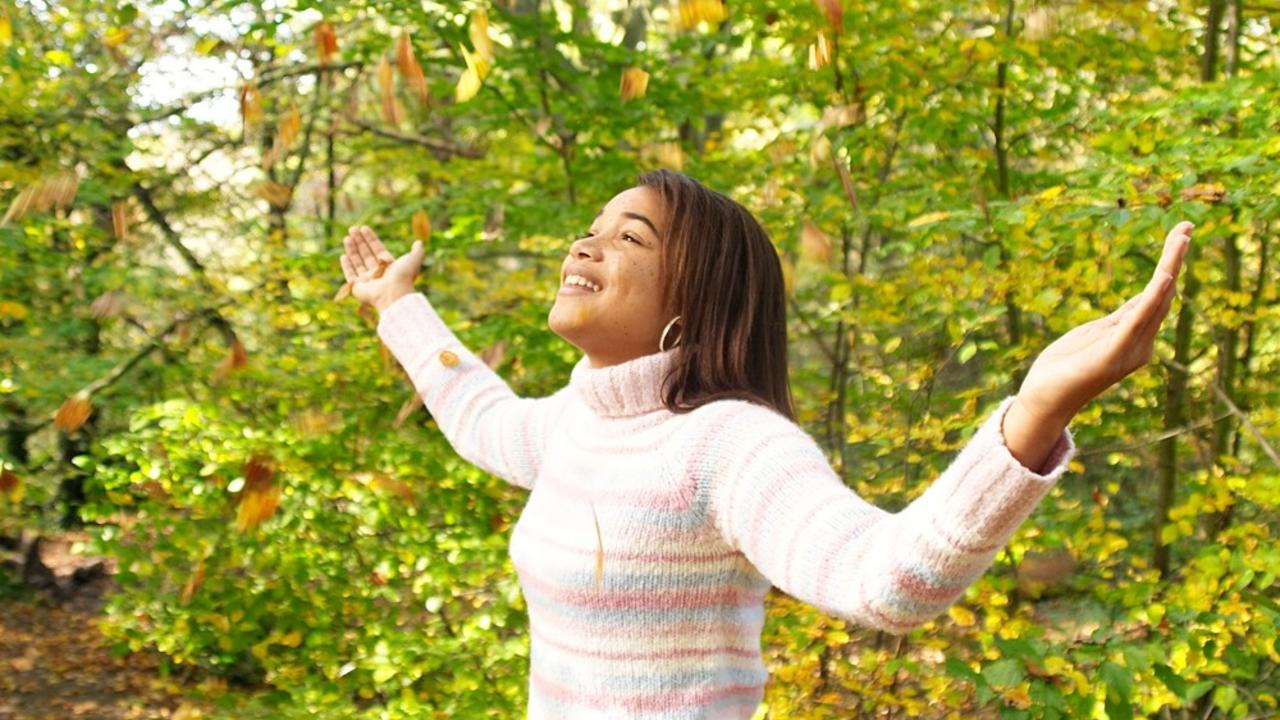
Forest bathing is a mental and physical wellbeing exercise that emerged in Japan in the 1980s, and is a tool of Forest Therapy. The Japanese name, shinrin-yoku, can be directly translated into the English words “forest” and “bath.” This exercise, as its name suggests, involves immersing yourself in nature and connecting to your surroundings through sight, sound, touch, smell, and taste.
Therapeutic effects of forest bathing
Forest bathing is not only a relaxing and peaceful activity to partake in, but it also has many therapeutic effects. Spending time in a forest can provide individuals with significant psychological and physiological improvements such as anxiety, stress relief, decreased blood pressure and heart rate, pain management, and improvements in certain mood disorders.
Additionally, scientific studies have identified that forest bathing may result in improved immune function. This increased immune response is thought to be caused by human inhalation of natural chemicals r...
Ubuntu

Ubuntu is a term that originates from a Nguni Bantu language spoken in Sub-Saharan Africa. In its most simple form, ubuntu can be translated to the English word “humanity.” This translation, however, doesn’t do the term justice, as it can also be translated to the more complex expressions “I am because we are” and “humanity towards others.”
Ubuntu is more than a simple word or phrase. It also has philosophical associations, as Ubuntuism was accepted in Southern Africa in the 1980s and 1990s as a kind of humanist philosophy. In this context, Ubuntu means “the belief in a universal bond of sharing that connects all humanity.”
As you may be able to gather from the definitions and translations provided above, Ubuntu is about togetherness and sharing the burden of our actions and their impacts. Despite how it may feel at times, we are not alone in this world. Our existence is shared and our actions, whether they are positive or negative, impact us all.
This concept of humanity as a singl...
Green Kids' Birthday Parties

Celebrating a child’s birthday is an important marker of time and full of happy chaos! As much as we want to make these events special for the children that we love, the last thing we want to do is throw a party that leaves a legacy of waste. Of course, you love your child and want to protect their future, and throwing a green birthday party is a great way to start! It shows your child and their friends that you can celebrate as you live lighter on the earth.
Here I have rounded up some amazing ideas to get you started!
Think about a goal of Zero Waste and earth-friendly gifts and party favours. It can be unique and special to you and your child, and a really great way to leave a greener legacy for your child.
Let’s start with tackling Zero Waste
It doesn’t have to be any more difficult to host a party that has no waste. Once you are set up, it can be cheaper and easier than buying disposable dishes, cutlery, napkins, wrapping paper, decorations, etc. I purchased durable reusable s...
Green Doggie Waste Bags
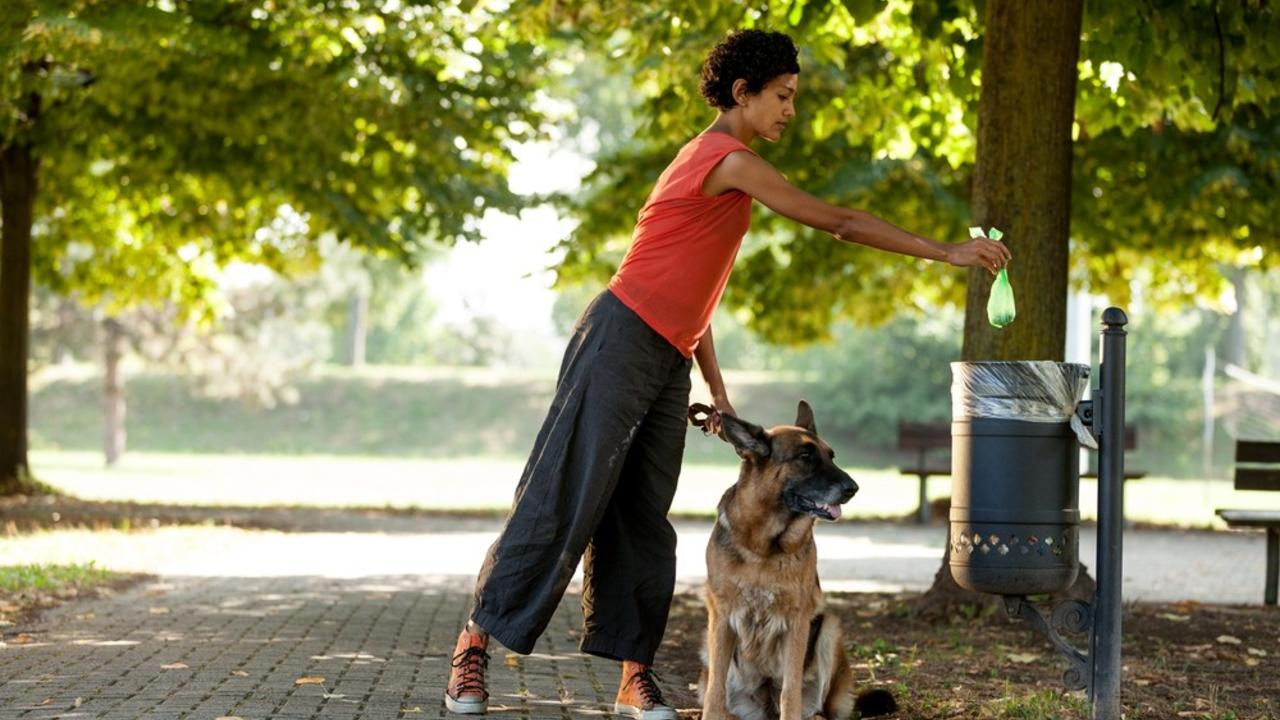
Yes, we do love our pets! And as a dog owner, I am sure that you are responsible on your walks and pick up after your beloved buddy. But what about the impact of that doggie waste bag? Are we destined to be adding more plastic to the landfill as responsible dog owners?
No, not at all! There are great alternatives in the form of compostable doggie waste bags!
Just because petroleum-based bags are common, doesn’t mean they are the only option. Although we use dog waste bags in order to clean up after our dogs and leave the environment cleaner and safer, we can do this without adding more plastic to the environment.
Compostable doggie waste bags
An earth-friendly alternative to petroleum based doggie waste bags are bags that are compostable. While many products are labelled as “biodegradable,” this term can often be tricky, as most materials will eventually break down in the environment over time. A product may be biodegradable but that doesn’t mean they’ll break down anytime soon! An...

